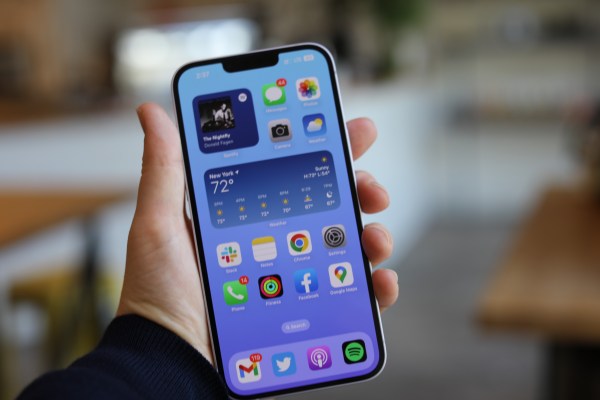China has made a massive move of barring central government officials from using iPhones at work, part of its grand plan to restrict foreign influence as its relationship with the U.S. sours.
The move, first reported by The Wall Street Journal, will likely deal a blow to Apple’s public perception in its second-biggest market. The country is also asking government employees to not bring devices from foreign manufacturers to the workplace, according to the report.
In order to heighten national security and reduce the impact of outside technology, China instructed some government staff to stop using iPhones through chat groups or meetings, per the report. However, it is not clear if the government has issued a widespread internal order.
China and the U.S. have engaged in a tit-for-tat to reduce their technological dependence on each other. The U.S. itself has made moves in the past few years against China-based tech giants by banning manufacturers such as Huawei and ZTE. Various government agencies have also prohibited employees from using TikTok on their work devices. Additionally, in March, TikTok CEO Shou Zi Chew was asked to testify before Congress to address security concerns regarding data sharing with China.
In 2021, some Chinese government agencies prohibited Tesla vehicles from their premises, according to Reuters, prompting the electric car giant to issue a statement reassuring its users that its anti-theft “sentry mode” complies with the country’s cybersecurity rules and stores data onshore. In recent years, there’s also been a nationwide effort to replace computer software used by government agencies and state-owned enterprises with local alternatives, triggering a small SaaS boom.
Apple relies heavily on Greater China for both manufacturing and sales. According to the company’s Q3 2023 report, the region — which includes Hong Kong, Macau and Taiwan — contributed to nearly 19% of the revenue in the three months ended July.
According to an investor note from UBS, Apple shipped 3.1 million units in July in China — a dip of 2% year-on-year. The note also mentioned that China accounted for 23% of iPhone sales units for the last 12 months.
But the American smartphone behemoth has always had a tricky relationship with China largely thanks to censorship issues around the App Store. Apple, like many Western tech firms, is caught between Western politicians who champion freedom of expression and Beijing’s need to remove content deemed politically sensitive.
Last year, for example, Apple drew attention after it started limiting AirDrop usage under “Everyone” settings for just 10 minutes in China. It eventually rolled out the update to other parts of the world, but critics have linked the change to Apple’s bowing to Beijing’s pressure, for the feature was used by protestors in China to circumvent censorship measures.
Apple didn’t immediately comment on the story.
